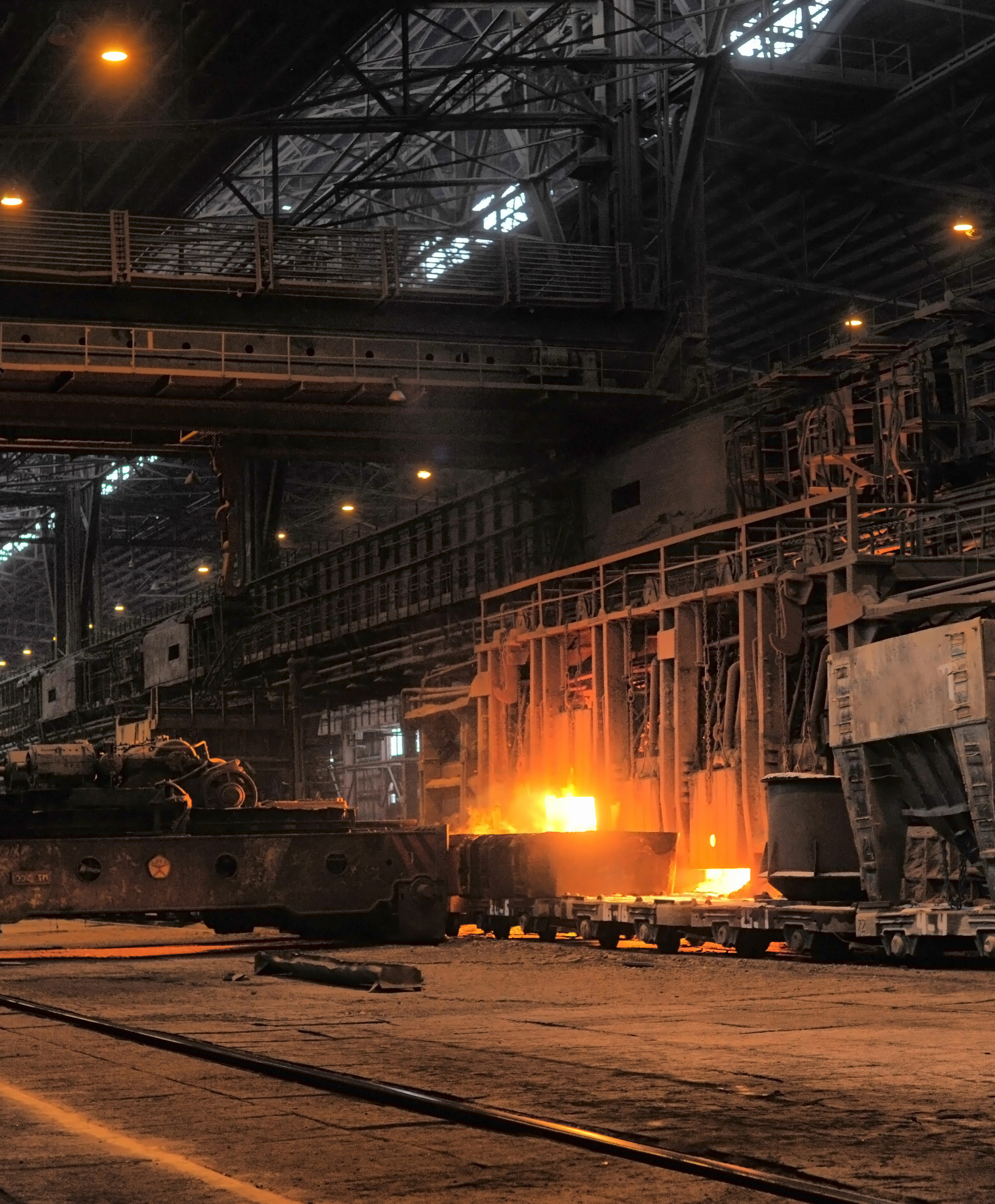The Obama administration launched a formal complaint Thursday against the Chinese government with the World Trade Organization over subsidies it says Beijing provides to the country’s vast aluminum industry.
The complaint represents an escalation of trade disputes between countries with the world’s two largest economies almost a week before Donald Trump assumes the U.S. presidency. Mr. Trump suggested again Wednesday in a news conference that trade relations with Beijing would be a priority, saying the U.S. trade imbalance with China was too large.
The complaint accuses China of funneling artificially cheap loans from state-run banks to Chinese aluminum producers, helping the companies upgrade their facilities and expand production. China also subsidizes aluminum production by providing producers with cut-rate coal and electricity, the complaint says.
“Our record of tough enforcement with China speaks for itself: When China cheats, we’ve been right there,” said U.S. Trade Representative Mike Froman, who filed the case with the WTO.
A spokesman for the Chinese embassy in Washington didn’t respond to a request for comment.
“When China drives down aluminum costs by cheating, Ohio workers and manufacturers pay the price,” said Sen. Sherrod Brown (D., Ohio). “Thousands have lost jobs because of unfairly subsidized aluminum from China that has flooded the market and led to overcapacity, and it’s past time we get tough on these violations before more American workers suffer.”
The Wall Street Journal reported in October that the Department of Homeland Security has launched a probe into whether U.S. companies linked to China Zhongwang Holdings Ltd.’s founder and chairman, Liu Zhongtian, illegally avoided punitive import tariffs on aluminum. The Journal’s articles traced Mr. Liu’s connections to a large stockpile of aluminum in Mexico that represented 6% of global inventories and has since been shipped to Vietnam.
Chinese aluminum imports have come under the spotlight in the past year as U.S. authorities probed allegations that China Zhongwang, a big Chinese aluminum producer, evaded trade sanctions imposed on the company in 2010. The Commerce Department late last year determined certain China Zhongwang exports to the U.S. had been designed to skirt the sanctions. China Zhongwang says it no longer sells the products in the U.S.
China Zhongwang has denied wrongdoing.
U.S. producers say a boom in Chinese production has depressed prices world-wide and harmed their ability to compete. By the end of 2016, only five aluminum smelters were operating in the U.S., down from 23 in 2000. Alcoa Corp., the largest American aluminum maker, last year split in two, isolating its profitable parts-making units from its troubled raw-aluminum operations.
Chinese aluminum production has surged in recent years, accounting for 55% of global output in 2015, up from 24% a decade ago, according to the U.S. Geological Survey. The U.S. accounted for 2.7% of global production in 2015, according to the USGS.
Experts say the latest WTO complaint applies more broadly to China’s boom in production, which has fed a world-wide glut in everything from steel to soybeans.
“The case is a systemic challenge to China’s industrial model, which is state support to build up capacity that depresses prices,” hurting competitors world-wide, said Alan Price, chair of international trade practice at Wiley Rein LLP, a Washington law firm that consulted with U.S. trade authorities on the complaint.
The allegations in the WTO complaint could heighten tensions between the U.S. and China. Mr. Trump in December announced the creation of a new National Trade Council inside the White House to facilitate industrial policy and tapped as its leader a fierce skeptic of China’s trade policies, Peter Navarro, a University of California, Irvine, professor.
During the presidential campaign, Mr. Navarro worked with New York financier Wilbur Ross Jr., Mr. Trump’s pick for commerce secretary, who has lobbied for a more aggressive posture toward U.S. trade partners.
Mr. Trump’s pick for trade representative, Robert Lighthizer, has made a career arguing for trade barriers when partner countries break the rules. Mr. Lighthizer could put greater emphasis on import tariffs, especially in the metals sector, and even at the risk of retaliation from China or running afoul of the WTO, trade lawyers say.
The complaint by the Obama administration, following a review by the WTO, could ultimately result in higher U.S. tariffs on Chinese exports of aluminum and other products.
The trade-enforcement action would be the 16th filed by President Barack Obama against China with the WTO. Other complaints include allegations that export duties for copper and other commodities make the minerals cheaper in China than outside the country and promote domestic manufacturing.
The administration’s complaint is based in part on more than a year’s worth of research by a team of U.S. industry-funded investigators who collected reams of data and information inside China, people familiar with the investigation said.
In October, eight U.S. senators asked Mr. Froman to take action against China over what they said were unfair subsidies to the Chinese aluminum industry. The senators, including Sens. Brown, Rob Portman (R., Ohio), Charles Schumer (D., N.Y.) and Debbie Stabenow (D., Mich.), asked Mr. Froman to take action against China at the WTO “before U.S. manufacturers and their workers incur further irreparable harm.” Other signatories include Sens. Kirsten Gillibrand (D., N.Y.), Bob Casey (D., Pa.), Jeff Merkley (D., Ore.) and Ron Wyden (D., Ore.).

